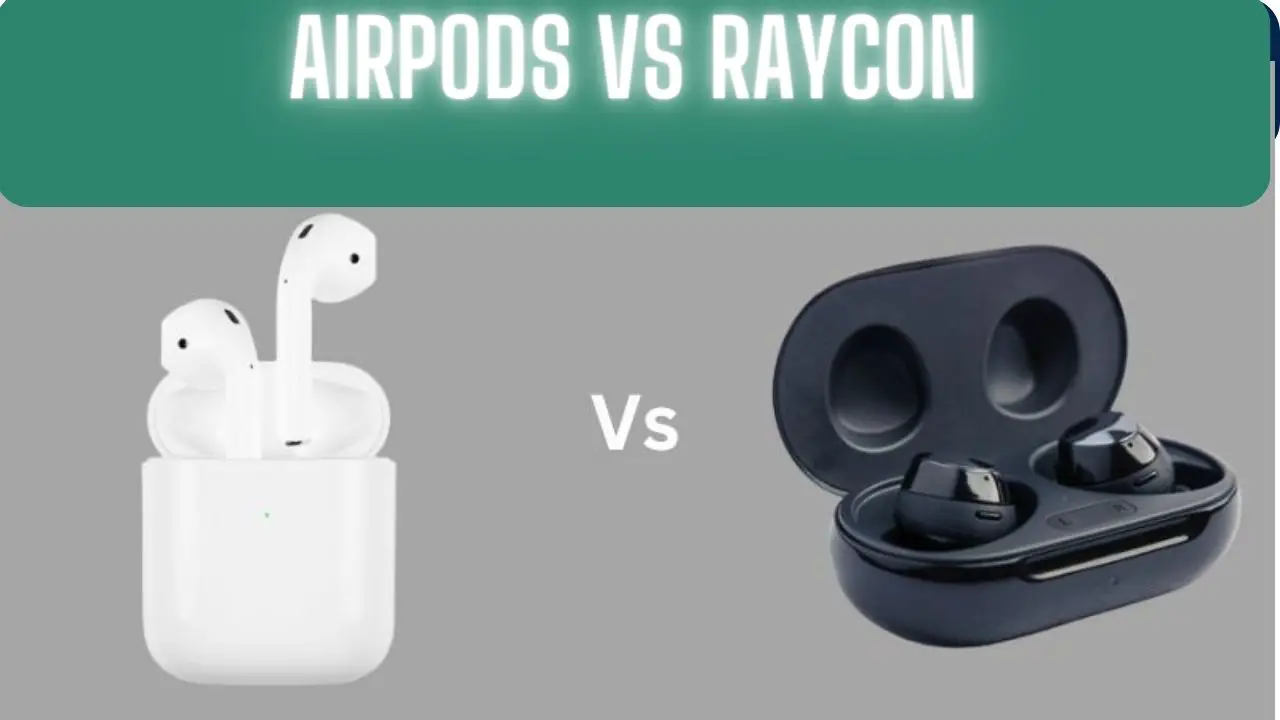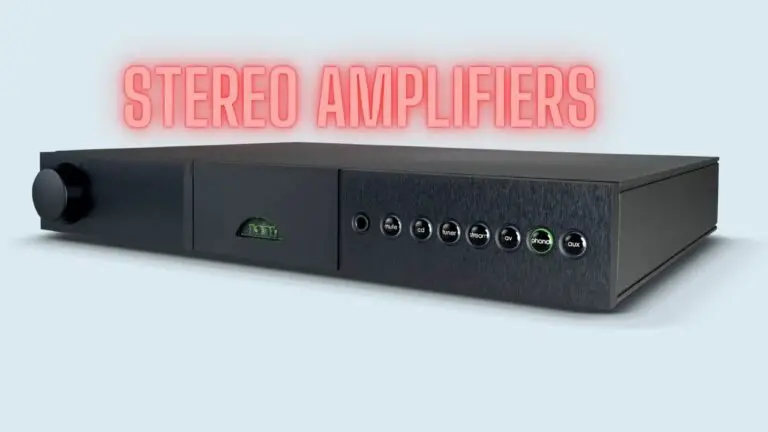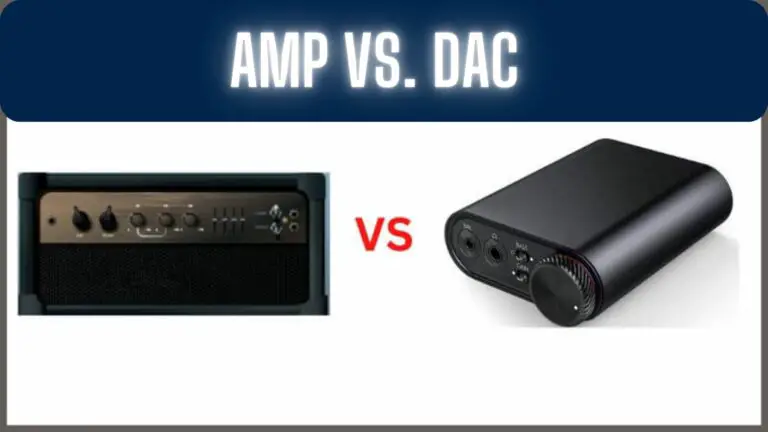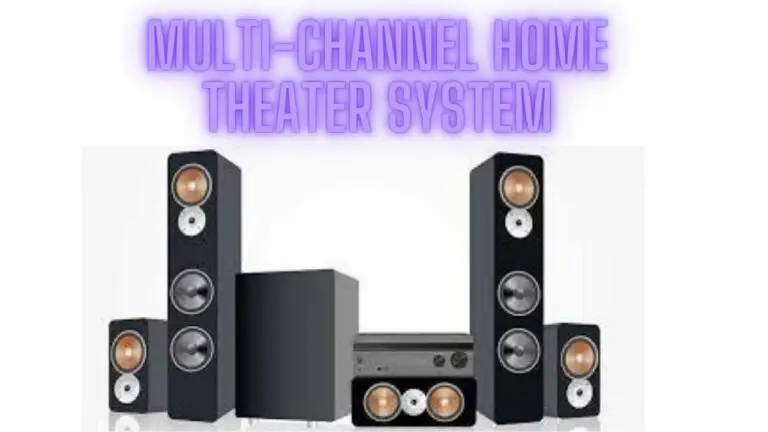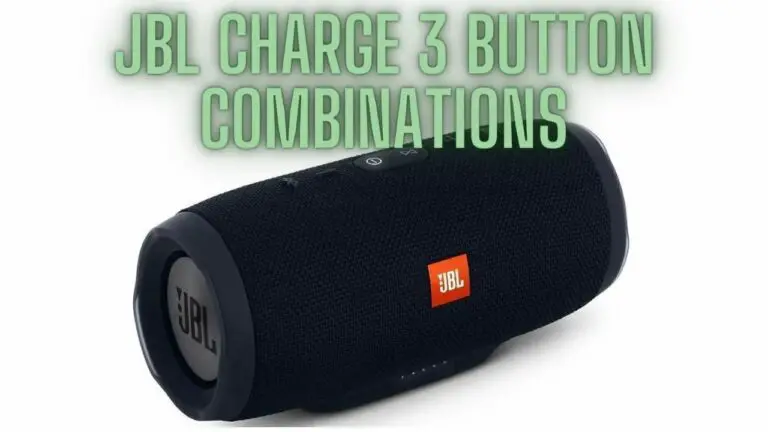AirPods vs. Raycon: Comparing Two Wireless Earbud Giants
Introduction
In the rapidly evolving landscape of wireless earbuds, consumers are presented with a multitude of options catering to diverse preferences and lifestyles. Among the prominent contenders in this arena are Apple’s AirPods and Raycon’s lineup of earbuds. This introduction sets the stage for a comprehensive comparison between these two popular choices.
Overview of AirPods: Apple’s AirPods revolutionized the wireless earbud market upon their release, seamlessly integrating with the Apple ecosystem and offering a blend of convenience, performance, and style. With subsequent iterations introducing enhancements in sound quality, battery life, and connectivity, AirPods have become synonymous with wireless audio innovation.
Overview of Raycon Earbuds: Raycon, a rising player in the audio industry, has garnered attention for its lineup of stylish and feature-rich earbuds. Designed to appeal to a younger demographic, Raycon earbuds boast advanced technology, customizable fit options, and competitive pricing, challenging established brands with their value proposition.
As we delve deeper into this comparison, we’ll explore various facets of these earbuds, including design, sound quality, connectivity, battery life, comfort, features, pricing, and brand reputation. By examining each aspect in detail, we aim to provide insights that empower consumers to make informed decisions based on their unique preferences and requirements.
Design and Build Quality
AirPods:
AirPods feature a minimalist and iconic design that has become instantly recognizable. The earbuds have a sleek, white exterior with a stem that extends downwards. The design is lightweight and compact, making them comfortable to wear for extended periods. The build quality is robust, with durable materials that withstand daily wear and tear.
The charging case for AirPods is equally sleek and compact, designed to easily fit into pockets or bags. It protects the earbuds while also serving as a portable charging solution. The case features a flip-top lid and a magnetic closure mechanism, ensuring secure storage and easy access to the earbuds.
Raycon Earbuds:
Raycon earbuds come in a variety of designs, ranging from sleek and modern to more vibrant and eye-catching options. The earbuds themselves are compact and lightweight, with a comfortable fit that caters to different ear shapes and sizes. The build quality is generally sturdy, although it may vary depending on the specific model.
The charging cases for Raycon earbuds are designed to complement the earbuds’ style and offer convenient storage and charging capabilities. Some models feature compact cases with a flip-top lid, while others may have a more robust design with additional features like LED indicators or built-in battery packs.
Comparison:
Both AirPods and Raycon earbuds prioritize sleekness, comfort, and portability in their design. While AirPods boast a minimalist aesthetic that aligns with Apple’s signature style, Raycon earbuds offer a broader range of design options to cater to different preferences. In terms of build quality, both brands offer durable construction that withstands daily use, though individual experiences may vary depending on the specific model chosen.
Ultimately, the choice between AirPods and Raycon earbuds in terms of design and build quality may come down to personal preference and style preferences. Both options offer a premium look and feel, backed by reliable construction and attention to detail.
Sound Quality
AirPods:
AirPods deliver a balanced sound profile with emphasis on clarity and vocal reproduction. They offer decent bass response, though it may not be as pronounced as some audiophiles prefer. The soundstage is relatively wide, providing a sense of immersion in music and other audio content.
Apple has continuously improved the sound quality of AirPods with each new iteration, incorporating advancements in audio technology to enhance the listening experience. Features such as adaptive EQ and spatial audio (available in select models) further contribute to a more immersive and dynamic soundstage.
Raycon Earbuds:
Raycon earbuds are known for their powerful bass response and dynamic sound signature. They often prioritize bass-heavy genres like hip-hop and EDM, appealing to users who enjoy a more pronounced low-end in their music. The sound quality is generally impressive for the price, offering a satisfying listening experience across various genres.
Many Raycon earbuds also feature noise isolation or active noise cancellation technology, which helps block out external noise and enhances the clarity of the audio. This can be particularly beneficial in noisy environments or during commutes.
Comparison:
The sound quality of both AirPods and Raycon earbuds is subjective and may vary depending on individual preferences and listening habits. While AirPods offer a more balanced sound profile with a focus on clarity and vocal reproduction, Raycon earbuds excel in delivering powerful bass and dynamic sound.
Ultimately, the choice between AirPods and Raycon earbuds in terms of sound quality may depend on the user’s musical preferences and priorities. Those who prioritize clarity and balance may lean towards AirPods, while users who enjoy bass-heavy music and immersive sound experiences may prefer Raycon earbuds. It’s recommended to try out both options and compare them in various listening scenarios to determine which best suits your preferences.
Connectivity
AirPods:
AirPods utilize Apple’s proprietary W1 or H1 chip (depending on the model) to facilitate seamless connectivity with Apple devices. This integration offers several benefits, including automatic pairing with iOS devices when the case is opened, quick device switching between Apple devices signed in to the same iCloud account, and access to Siri voice commands hands-free.
Furthermore, AirPods feature Bluetooth technology for compatibility with non-Apple devices, ensuring broad connectivity across various smartphones, tablets, computers, and other Bluetooth-enabled devices. While the seamless integration with Apple devices is a standout feature, AirPods provide reliable connectivity and stable Bluetooth performance across the board.
Raycon Earbuds:
Raycon earbuds also utilize Bluetooth technology for wireless connectivity, offering compatibility with a wide range of devices, including smartphones, tablets, computers, and more. While they do not offer the same level of seamless integration with Apple devices as AirPods, they provide straightforward pairing and reliable Bluetooth connectivity across various platforms.
Some Raycon earbud models may feature additional connectivity options, such as multipoint pairing, which allows simultaneous connection to multiple devices. This can be convenient for users who frequently switch between devices or need to stay connected to multiple sources simultaneously.
Comparison:
Both AirPods and Raycon earbuds offer reliable Bluetooth connectivity and compatibility with a wide range of devices. While AirPods provide seamless integration with Apple devices and access to exclusive features like automatic pairing and device switching, Raycon earbuds offer straightforward pairing and reliable performance across various platforms.
Ultimately, the choice between AirPods and Raycon earbuds in terms of connectivity may depend on the user’s device ecosystem and preferences. Those heavily invested in the Apple ecosystem may appreciate the seamless integration and exclusive features offered by AirPods, while users seeking broad compatibility and reliable Bluetooth connectivity across different devices may find Raycon earbuds to be a suitable option.
Battery Life
AirPods:
AirPods offer varying battery life depending on the model:
- AirPods (2nd generation): Up to 5 hours of listening time on a single charge and up to 3 hours of talk time. The charging case provides multiple additional charges, extending the total listening time to over 24 hours.
- AirPods (3rd generation): Up to 6 hours of listening time on a single charge and up to 4 hours of talk time. With the charging case, users can enjoy more than 30 hours of total listening time.
- AirPods Pro: Up to 4.5 hours of listening time with active noise cancellation enabled or up to 5 hours with it disabled. The charging case extends the total listening time to over 24 hours.
Raycon Earbuds:
Raycon earbuds also offer varying battery life depending on the model:
- Raycon Everyday E25: Up to 6 hours of playtime on a single charge, with an additional 24 hours provided by the charging case.
- Raycon Everyday E55: Up to 8 hours of playtime on a single charge, with an additional 32 hours provided by the charging case.
- Raycon Performer E100: Up to 36 hours of playtime on a single charge, thanks to the extended battery life of the earbuds and the charging case.
Comparison:
In terms of battery life, Raycon earbuds generally offer longer playtime on a single charge compared to AirPods. However, the charging cases for AirPods typically provide more additional charges, resulting in a longer total listening time when accounting for both the earbuds and the case.
Ultimately, the choice between AirPods and Raycon earbuds in terms of battery life may depend on the user’s specific needs and usage patterns. Those who prioritize longer playtime on a single charge may prefer Raycon earbuds, while users who value the convenience of extended total listening time provided by the charging case may opt for AirPods.
Comfort and Fit
AirPods:
AirPods are designed to provide a universal fit that accommodates a wide range of ear shapes and sizes. Their one-size-fits-all design features a streamlined shape with a short stem that rests outside the ear canal. This design allows for a comfortable fit for many users, with minimal pressure on the ears even during extended wear.
While AirPods may not provide a customizable fit like some other earbuds with interchangeable ear tips, their lightweight construction and ergonomic design contribute to a secure and comfortable fit for most users. However, some users with smaller or larger ears may find that AirPods do not fit as securely or comfortably as they would like.
Raycon Earbuds:
Raycon earbuds often come with multiple ear tip options, allowing users to choose the size that best fits their ears. This customization option can enhance comfort and improve the overall fit, ensuring a snug and secure seal in the ear canal.
Additionally, Raycon earbuds may feature ergonomic designs and ear hooks or fins to provide added stability during physical activity or movement. These features can help prevent the earbuds from falling out or shifting during exercise or other high-movement activities.
Comparison:
In terms of comfort and fit, Raycon earbuds may have an edge over AirPods due to their customizable ear tip options and additional stability features. Users with different ear sizes and shapes can find a more tailored fit with Raycon earbuds, potentially reducing discomfort and improving overall satisfaction, especially during prolonged use or physical activity.
However, AirPods offer a convenient and universally comfortable fit for many users, thanks to their lightweight design and ergonomic shape. While they may not provide the same level of customization as Raycon earbuds, AirPods still offer a comfortable and secure fit for most users in everyday situations.
Ultimately, the choice between AirPods and Raycon earbuds in terms of comfort and fit may depend on individual preferences and priorities. Users seeking a customizable fit may prefer Raycon earbuds, while those prioritizing convenience and universal comfort may opt for AirPods.
Features and Functionality
AirPods:
- Automatic Connectivity: AirPods seamlessly connect to Apple devices signed in to the same iCloud account, allowing for easy switching between devices.
- Siri Integration: Users can activate Siri hands-free using voice commands, enabling tasks such as making calls, controlling music playback, and more.
- Touch Controls: AirPods allow for basic controls such as play/pause, skipping tracks, and activating Siri through touch gestures on the earbuds.
- Adaptive EQ: Available in some models, adaptive EQ automatically adjusts the sound to the shape of the user’s ear for a more personalized listening experience.
- Spatial Audio: Exclusive to AirPods Pro and AirPods Max, spatial audio provides immersive surround sound for a theater-like experience.
- Transparency Mode: Featured in AirPods Pro, transparency mode allows users to hear ambient sounds for enhanced awareness of their surroundings.
Raycon Earbuds:
- Noise Isolation/Cancellation: Some Raycon earbud models feature noise isolation or active noise cancellation technology to block out external sounds and improve audio clarity.
- Touch Controls: Raycon earbuds may offer touch-sensitive controls for managing music playback, adjusting volume, answering calls, and activating voice assistants.
- Water Resistance: Many Raycon earbuds are designed to be water-resistant or sweatproof, making them suitable for use during workouts or outdoor activities.
- Multipoint Pairing: Certain Raycon earbud models support multipoint pairing, allowing users to connect to multiple devices simultaneously and seamlessly switch between them.
- Customizable EQ Settings: Raycon earbuds may feature customizable EQ settings through companion apps, enabling users to adjust sound preferences to their liking.
- Extended Battery Life: Some Raycon earbud models offer longer battery life compared to AirPods, providing extended playtime on a single charge.
Comparison:
Both AirPods and Raycon earbuds offer a range of features and functionality designed to enhance the user experience. While AirPods excel in seamless connectivity with Apple devices, integration with Siri, and exclusive features like spatial audio, Raycon earbuds may offer advantages such as noise cancellation, water resistance, and customizable EQ settings.
Ultimately, the choice between AirPods and Raycon earbuds in terms of features and functionality may depend on individual preferences, usage scenarios, and compatibility with specific devices. Users seeking tight integration with the Apple ecosystem and exclusive features may prefer AirPods, while those prioritizing features like noise cancellation and water resistance may lean towards Raycon earbuds.
Price and Value
AirPods:
- AirPods (2nd generation): Typically priced higher than budget options, AirPods offer seamless integration with Apple devices and access to exclusive features such as Siri integration and automatic connectivity.
- AirPods (3rd generation): Positioned between the 2nd generation AirPods and AirPods Pro in terms of pricing, the 3rd generation AirPods offer improved sound quality and a more ergonomic design, enhancing overall value for users.
- AirPods Pro: Priced at a premium compared to other AirPods models, AirPods Pro feature active noise cancellation, adaptive EQ, and a customizable fit for improved comfort and sound quality.
Raycon Earbuds:
- Raycon Everyday E25: Positioned as an affordable alternative to premium earbuds, the Everyday E25 offers solid sound quality, comfortable fit, and convenient touch controls at a competitive price point.
- Raycon Everyday E55: Offering enhanced battery life and additional features like noise isolation, the Everyday E55 provides good value for users seeking reliable wireless earbuds without breaking the bank.
- Raycon Performer E100: Positioned as a high-performance option, the Performer E100 offers advanced features such as extended battery life, customizable EQ settings, and water resistance, making it a compelling choice for users prioritizing value and functionality.
Comparison:
AirPods generally command a premium price compared to Raycon earbuds, reflecting their tight integration with the Apple ecosystem, premium build quality, and access to exclusive features. While AirPods offer seamless connectivity and advanced technologies, Raycon earbuds provide competitive features and sound quality at more affordable price points.
Ultimately, the choice between AirPods and Raycon earbuds in terms of price and value may depend on individual budget constraints, preferences for specific features, and brand loyalty. Users seeking premium features and seamless integration with Apple devices may justify the higher price of AirPods, while those prioritizing affordability and competitive features may find Raycon earbuds to offer better overall value.
Brand Reputation and Customer Support
AirPods:
- Brand Reputation: Apple, the manufacturer of AirPods, enjoys a strong reputation for innovation, quality, and design excellence. AirPods have become iconic within the wireless earbud market, synonymous with convenience, style, and integration with the Apple ecosystem.
- Customer Support: Apple is known for its extensive customer support network, including Apple Stores, online support resources, and dedicated customer service channels. AirPods come with a one-year limited warranty, and users can also purchase AppleCare+ for extended coverage and additional support options.
Raycon Earbuds:
- Brand Reputation: Raycon has quickly gained recognition as a reputable player in the wireless earbud market, known for offering stylish and feature-rich earbuds at competitive price points. While not as established as Apple, Raycon has garnered positive reviews and a loyal customer base.
- Customer Support: Raycon offers customer support through various channels, including email, phone, and online resources. Their website provides FAQs, troubleshooting guides, and product manuals to assist customers with setup, usage, and troubleshooting. Raycon earbuds typically come with a limited warranty, and customers can reach out to the company for warranty-related inquiries or issues.
Comparison:
Both Apple (AirPods) and Raycon have built solid reputations in the wireless earbud market, albeit with different strengths and focuses. Apple is renowned for its brand prestige, product innovation, and extensive customer support infrastructure, while Raycon has gained recognition for offering value-packed earbuds with stylish designs and competitive features.
In terms of customer support, Apple’s extensive network of retail stores, online resources, and dedicated support channels provides comprehensive assistance for AirPods users. Raycon offers responsive customer support through various channels, though it may not have the same level of reach and resources as Apple.
Ultimately, the choice between AirPods and Raycon earbuds in terms of brand reputation and customer support may depend on individual preferences for brand prestige, product features, and support infrastructure. Users seeking the assurance of a well-established brand and comprehensive support network may opt for AirPods, while those prioritizing value and competitive features may find Raycon earbuds to be a compelling choice.
AirPods vs. Raycon FAQS
Are AirPods only compatible with Apple devices?
Yes, AirPods are designed primarily for Apple devices and offer seamless integration within the Apple ecosystem. They work best with iPhones, iPads, MacBooks, and other Apple products.
Can I use Raycon earbuds with Apple devices?
Yes, Raycon earbuds connect via Bluetooth, making them compatible with a wide range of devices, including Apple products.
Do AirPods and Raycon earbuds have noise-cancellation technology?
Some Raycon earbud models offer noise-cancellation features, while AirPods Pro and AirPods Max from Apple also have active noise cancellation technology.
Which earbuds have better sound quality?
Sound quality is subjective and depends on personal preferences. AirPods offer a balanced sound profile, while Raycon earbuds often emphasize bass for listeners who enjoy a more impactful low-end.
Are Raycon earbuds more affordable than AirPods?
Yes, Raycon earbuds are generally more affordable than AirPods, making them an attractive option for budget-conscious consumers.
Do Raycon earbuds have touch controls like AirPods?
Yes, some Raycon models offer touch controls for playback, calls, and other functions similar to AirPods.
Can I use AirPods or Raycon earbuds during workouts?
Both AirPods and Raycon offer models suitable for workouts. Consider factors like sweat resistance and secure fit when choosing earbuds for physical activities.
Are AirPods water-resistant?
AirPods are not fully water-resistant, but they do offer some degree of water and sweat resistance. AirPods Pro have a higher level of water and sweat resistance compared to standard AirPods.
Do AirPods come with a wireless charging case?
The latest AirPods models come with the option of a wireless charging case, which allows you to charge the earbuds using compatible wireless charging mats.
Can I use AirPods and Raycon earbuds for making calls?
Yes, both AirPods and Raycon earbuds can be used for making calls, as they feature built-in microphones for voice communication.
Which brand is more established: AirPods or Raycon?
AirPods, produced by Apple, are well-established and recognized globally. Raycon is a newer player in the market but has gained attention for its competitive pricing and celebrity endorsements.
Which earbuds have better battery life?
Battery life varies between different models within each brand. Generally, Raycon earbuds offer around 6 to 8 hours of playback time, while AirPods offer around 5 hours. The charging cases for both brands provide additional charges.
Can I use AirPods or Raycon earbuds independently (one earbud at a time)?
Yes, both AirPods and Raycon earbuds support independent use, allowing you to use a single earbud while keeping the other in the charging case.
Which earbuds offer better connectivity?
AirPods, with their Apple-designed H1 chip, offer seamless connectivity within the Apple ecosystem. Raycon earbuds connect via Bluetooth and are compatible with a wide range of devices.
Can I control music playback with voice commands on both brands?
Yes, both AirPods and Raycon earbuds support voice commands for playback control. AirPods have Siri integration, while Raycon earbuds support voice assistants on connected devices.
Conclusion: Which to Choose?
Choosing between AirPods and Raycon depends on your priorities. If you’re deeply entrenched in the Apple ecosystem, AirPods’ seamless integration might be appealing. On the other hand, Raycon offers budget-friendly options without sacrificing features like sound quality and comfort. Consider your device compatibility, sound preferences, and budget when making your decision. Both AirPods and Raycon contribute to the ever-evolving landscape of wireless audio, catering to diverse consumer needs.

